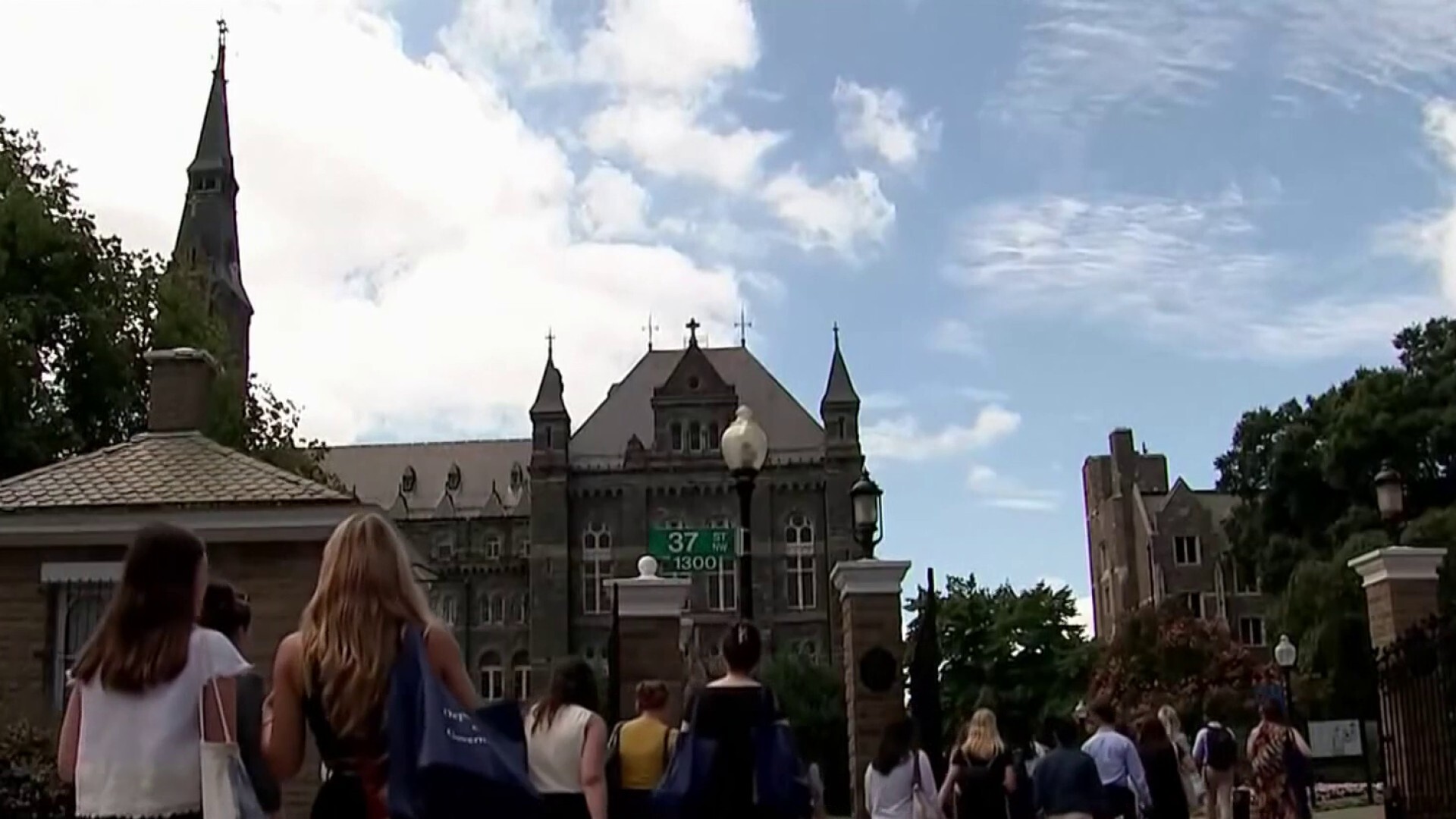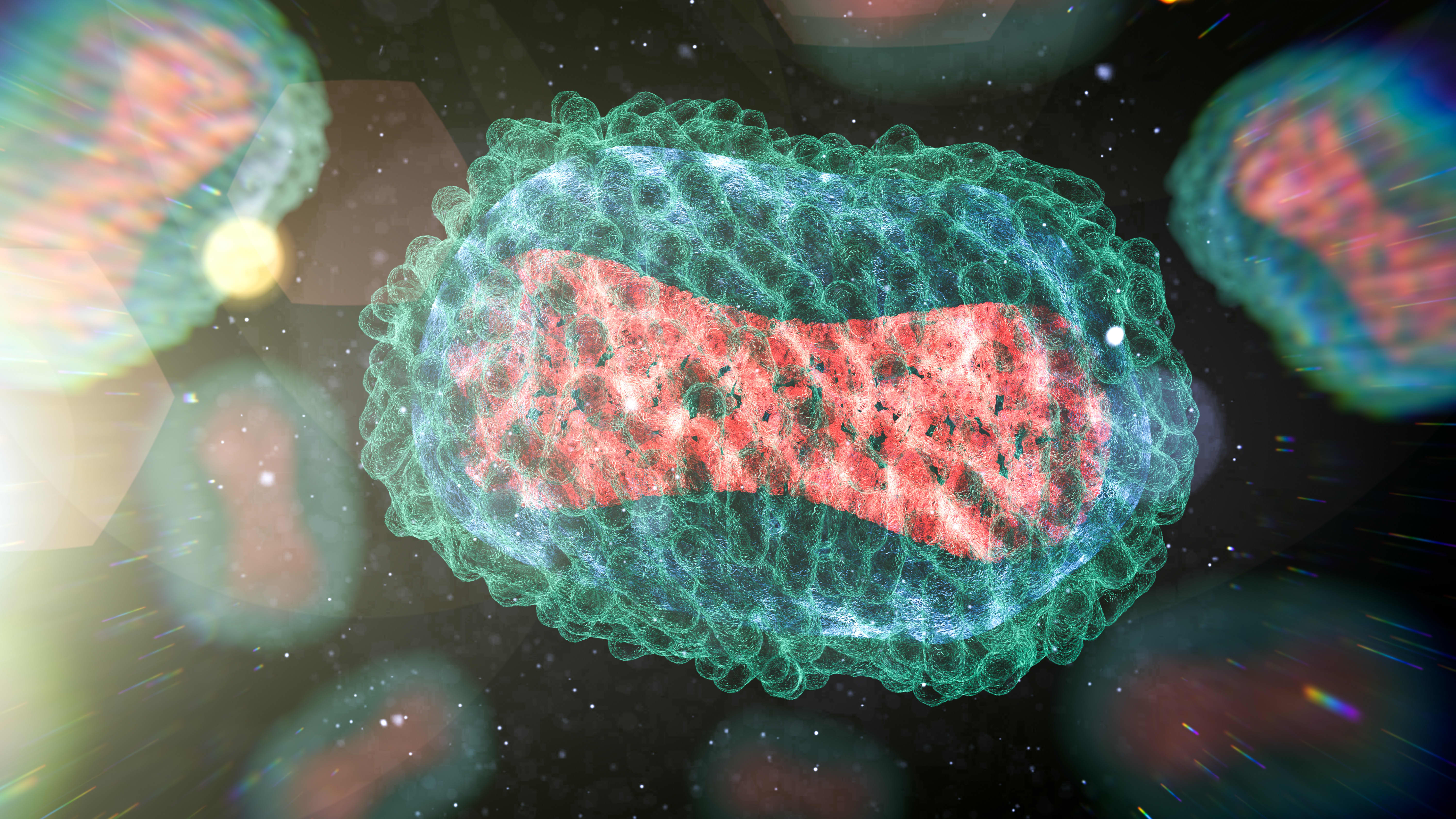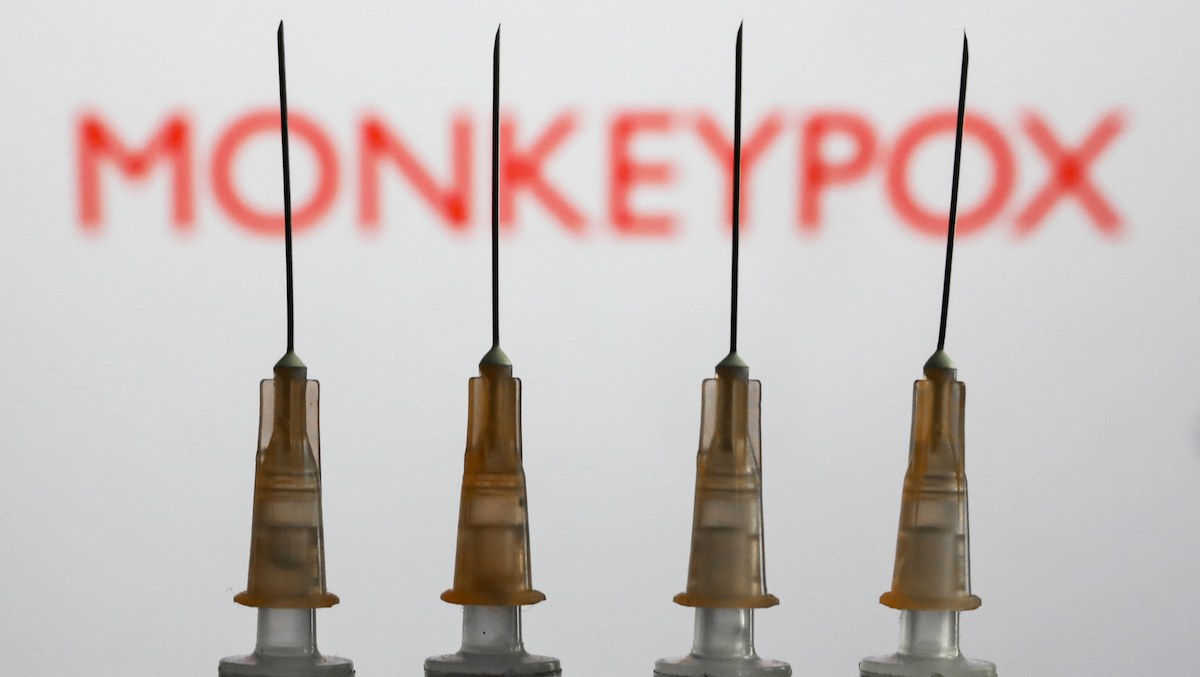Public health officials warn that misinformation on monkeypox is spreading faster than the virus itself.
News4 spoke with doctors in the D.C. area on how to separate fact from fiction. They knocked down myths and elevated facts.
Myth: Only gay men are at risk of contracting monkeypox.
The vast majority of cases have occurred among men in the LGBTQ community. But health experts stress that anyone can get sick, regardless of their gender or sexual orientation.
We've got the news you need to know to start your day. Sign up for the First & 4Most morning newsletter — delivered to your inbox daily. Sign up here.
“Pretty much all the transmission we're seeing is from skin-to-skin contact,” said Dr. David Diemert, a professor of medicine at the George Washington University School of Medicine and Health Sciences.
Most local cases have been transmitted through close personal contact and sexual activity.
“You can transmit it to someone else as long as you still have the skin lesions,” Diemert said.
Myth: Monkeypox spreads easily through casual contact.
Monkeypox can spread through clothing and bedding that was used by someone who is infected, but researchers at Johns Hopkins University say that’s not as common.
“Just because there’s multiple mechanisms for a virus to get from person to person doesn’t mean it’s using all of those,” said Dr. Amesh Adalja of the Johns Hopkins Center for Health Security.
Fact: Monkeypox is not as contagious as COVID-19.
“The health threat for monkeypox I think is a lot less than from COVID. At least in the United States no one has died of monkeypox,” Diemert said.
For severe cases, drugs and antiviral medication are available, he added. Common symptoms include fever, body aches and a rash that can spread all over the body.
Doctors say most people with monkeypox can isolate at home, but the recovery takes time; it can take up to four weeks to completely heal.
Myth: There are no treatments or vaccines for monkeypox.
Vaccines are available, but they’re in short supply. That’s why the Food and Drug Administration is allowing shots to be given at one-fifth the dosage to stretch the existing stockpile, while encouraging others to get tested to help slow the spread.
The vaccine is a two-dose regimen that’s given four weeks apart. People must be in a high-risk group to get a monkeypox vaccine because of a shortage.
Fact: Pets can get monkeypox too.
The Centers for Disease Control and Prevention recently updated its guidance to urge people with monkeypox to avoid close contact with animals, after a dog in France got the virus while sharing a bed with its owners.
“Animals can be infected. As a matter of fact, monkeypox originally is a zoonotic infection, that is, something transmitted from animals to humans,” said Dr. Noreen Hynes of the Johns Hopkins University School of Medicine.
If you think you might have monkeypox, get tested, Diemert urged.
“There is a stigma that's surrounding this disease, and there are people who are embarrassed and they don't want to go get checked out to see if they have monkeypox. But I would really encourage people to seek medical attention, to make the diagnosis and then to be properly managed as well,” he said.




